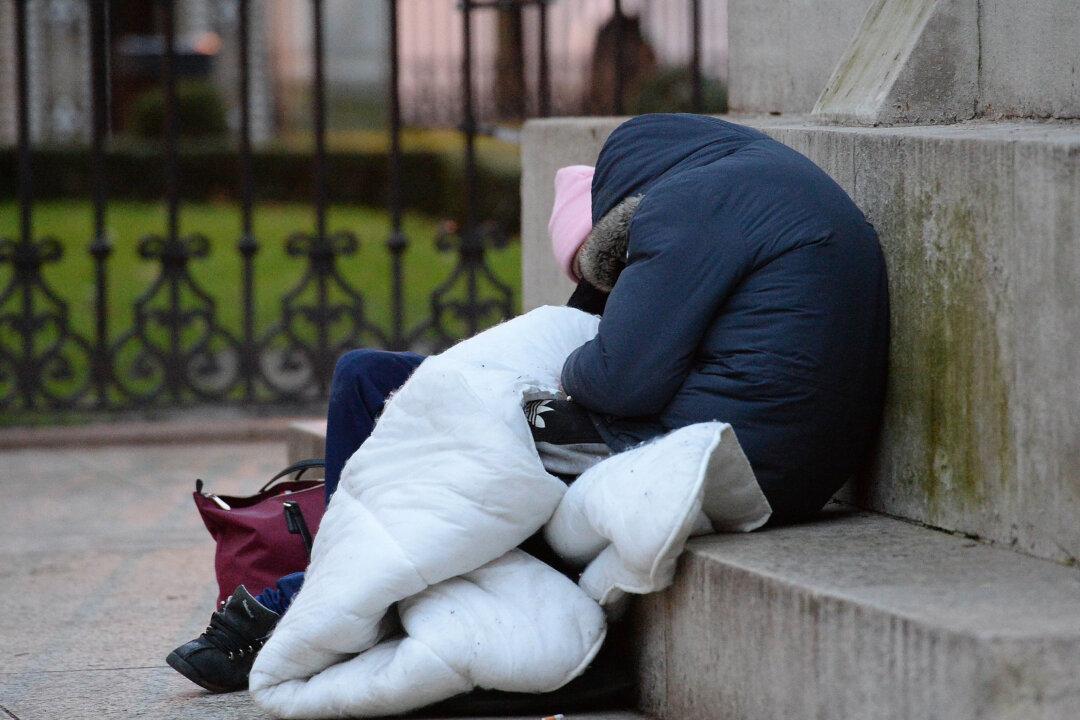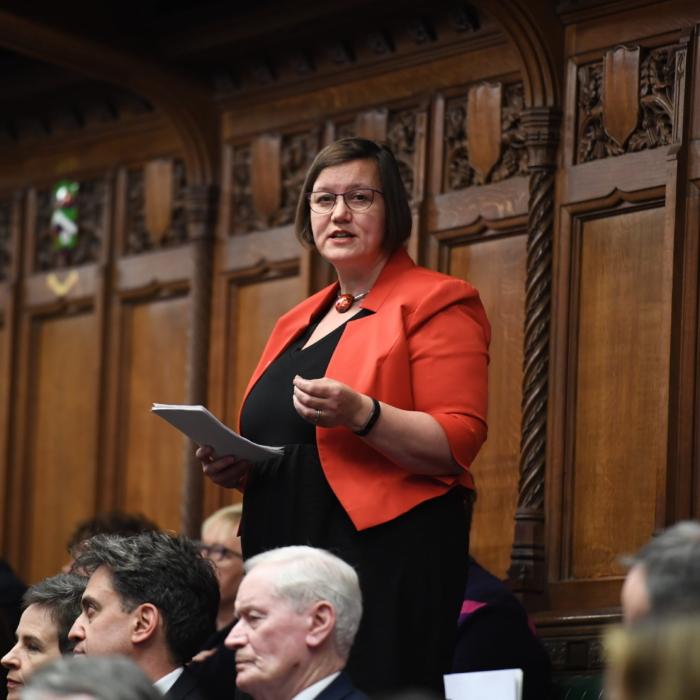The housing crisis is having a “devastating” impact on Londoner’s lives, leading to homelessness and a growing financial squeeze on local authorities, London Councils has warned.
The cross-party body, which represents all 33 councils in London, has called on the government to invest in social housing and end years of underfunding for local authorities.
London boroughs spend more than £90 million per month on temporary accommodation (TA) to support people who are homeless or at risk of becoming homeless. The figure has gone up nearly 40 percent from last year.
One in 50 Londoners live in TA, including one in 23 children, according to London Councils.
The body has submitted its analysis to the Treasury ahead of the government’s budget on October 30.
It said that London accounts for more than half of all homeless households live in TA in England and suffers the “most severe homelessness pressures” in the UK.
Claire Holland, chairwoman of London Councils and Labour leader of Lambeth Council, said: “The housing crisis is having a devastating impact on Londoners’ lives and wreaking havoc on town hall finances across the capital.
“At a time when we need to invest in social housing and support homeless Londoners, boroughs are facing an unrelenting squeeze on our resources.
Funds and Evictions
The councils have called on ministers to adopt measures to help them stay afloat. These include a 7 percent increase in core spending power, or funding available to councils, for 2025/2026.“Without sufficient funding or powers to self-remedy, it is simply a matter of time before more councils can no longer meet their obligations and call on government’s time and resources to stay afloat,” London Councils warned.
London Councils’ executive member for housing and regeneration, Grace Williams, said that banning “no-fault” evictions was a “crucial step forward.”
“Three million Londoners live in private rented sector homes and undoubtedly deserve stronger protection. Boroughs support a ban on no-fault evictions. Too often we’ve seen Londoners turfed out of their homes for no good reason and made homeless, turning their lives upside down,” she said.
Government Response
In July, Deputy Prime Minister Angela Rayner announced that all councils in England will be given mandatory housing targets to deliver “1.5 million more homes.”The government recognises the severity of the “housing crisis” and the record levels of homelessness, a spokesperson for the Ministry of Housing, Communities and Local Government said:
“We are taking action and developing a long-term strategy with councils and local leaders to end homelessness for good. We’ll also provide councils with more funding stability, end competitive bidding for pots of money and reform the local audit system,” the spokesperson added.







